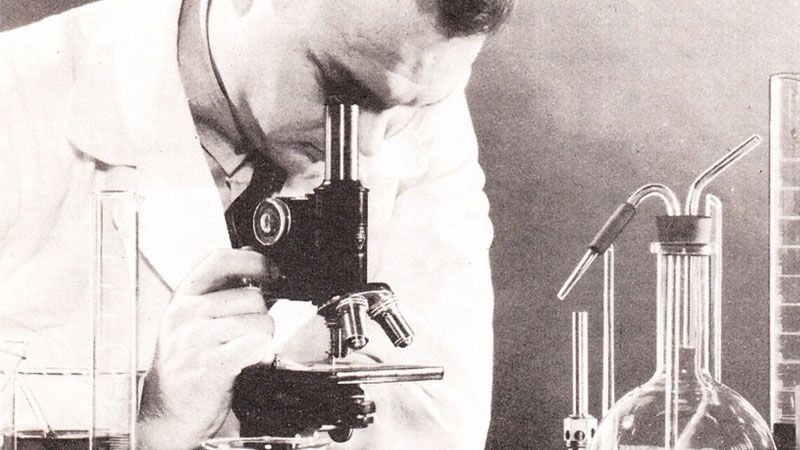I remember a year ago when this 1st came out; nice they are highlighting 1 yr later as a reminder.
British scientists David Thouless, Duncan Haldane and Michael Kosterlitz won this year’s Nobel Prize in Physics “for theoretical discoveries of topological phase transitions and topological phases of matter”. The reference to “theoretical discoveries” makes it tempting to think their work will not have practical applications or affect our lives some day. The opposite may well be true.
To understand the potential, it helps to understand the theory. Most people know that an atom has a nucleus in the middle and electrons orbiting around it. These correspond to different energy levels. When atoms group into substances, all the energy levels of each atom combine into bands of electrons. Each of these so-called energy bands has space for a certain number of electrons. And between each band are gaps in which electrons can’t flow.
If you apply an electrical charge (a flow of extra electrons) to a material, its conductivity is determined by whether the highest energy band has room for more electrons. If it does have room, the material will behave as a conductor. If not, you need extra energy to push the current of electrons into a new empty band and as a result the material behaves as an insulator. Understanding conductivity is vital to electronics, since electronic products ultimately rely on components that are electric conductors, semiconductors and insulators.
